You sign up to erase your data from the web, but the first step is telling someone new exactly who you are. There’s more to data removal services than meets the eye.
5
You’re Giving Them What You Want Hidden
Data removal services exist solely to deal with people-finder websites—sites like ClustrMaps or TruePeopleSearch that aggregate public information from sources like voter rolls, real estate records, and police reports. These profiles don’t contain anything deep, like behavioral tracking or purchase history. They’re surface-level: name, address, phone number, age, and maybe relatives. Nevertheless, it’s your personal data, and it’s online, often without your consent.
Each people-finder site is legally required to provide an opt-out process. You can fill out a form, verify it’s you, and they usually remove the listing. But with hundreds of such sites online, doing it yourself is exhausting. That’s where these data removal services like Incogni and OneRep come in.
To get your data removed, you have to first confirm it’s your data. So you have to give the data removal service your full details, grant them power of attorney, and they will request removals on your behalf.
In theory, it sounds good. In practice, it means handing over exactly the data you’re trying to hide.

Related
What Are Data Removal Services, and What Data Can They Remove?
Everyone has a data profile online. But what if you want to remove it?
4
You’re Giving Them a Verified Profile
This is the core paradox: to remove your data, you have to provide even more of it. To prove it’s really your data, the data removal service has to provide your full legal name, phone numbers, addresses, and possibly IDs. The data removal services package the data up and send it to dozens of people finder sites to ask for deletion.
Although the removal service might succeed in getting your profile deleted, there’s no reliable way to confirm whether your data truly disappears from all databases. Even if those sites delete the profile, who says they delete the data? There’s no audit trail. Worse, your submission may actually help them verify that their listing was accurate. You just did their job for them.
3
They Can’t Remove Everything
Effectiveness varies wildly. Some services succeed in removing most listings more than others, but none of them are 100%. A study from ABCD compared major data removal services to a manual approach where users individually requested removals. Manual removals were more effective (and they cost nothing).
The reality is that data removal services don’t guarantee comprehensive deletion. Your results will differ based on the number of websites containing your data, the specifics of your profile, and the thoroughness of the service you choose.
Even if the destination website does delete your profile, there’s no guarantee that they won’t relist it. That’s why all data removal services run on subscription models—as they promise to regularly check the websites and take down relisted profiles.
2
Their Database Is a Goldmine
If you were building a high-value database of verified identities, you couldn’t do better than a data removal service. The databases held by data removal services are ironically some of the most accurate and sensitive available.
Unlike social media platforms, where people use fake names or burner accounts, users must provide genuine information to data removal services. You want the data gone, so you tell the truth.
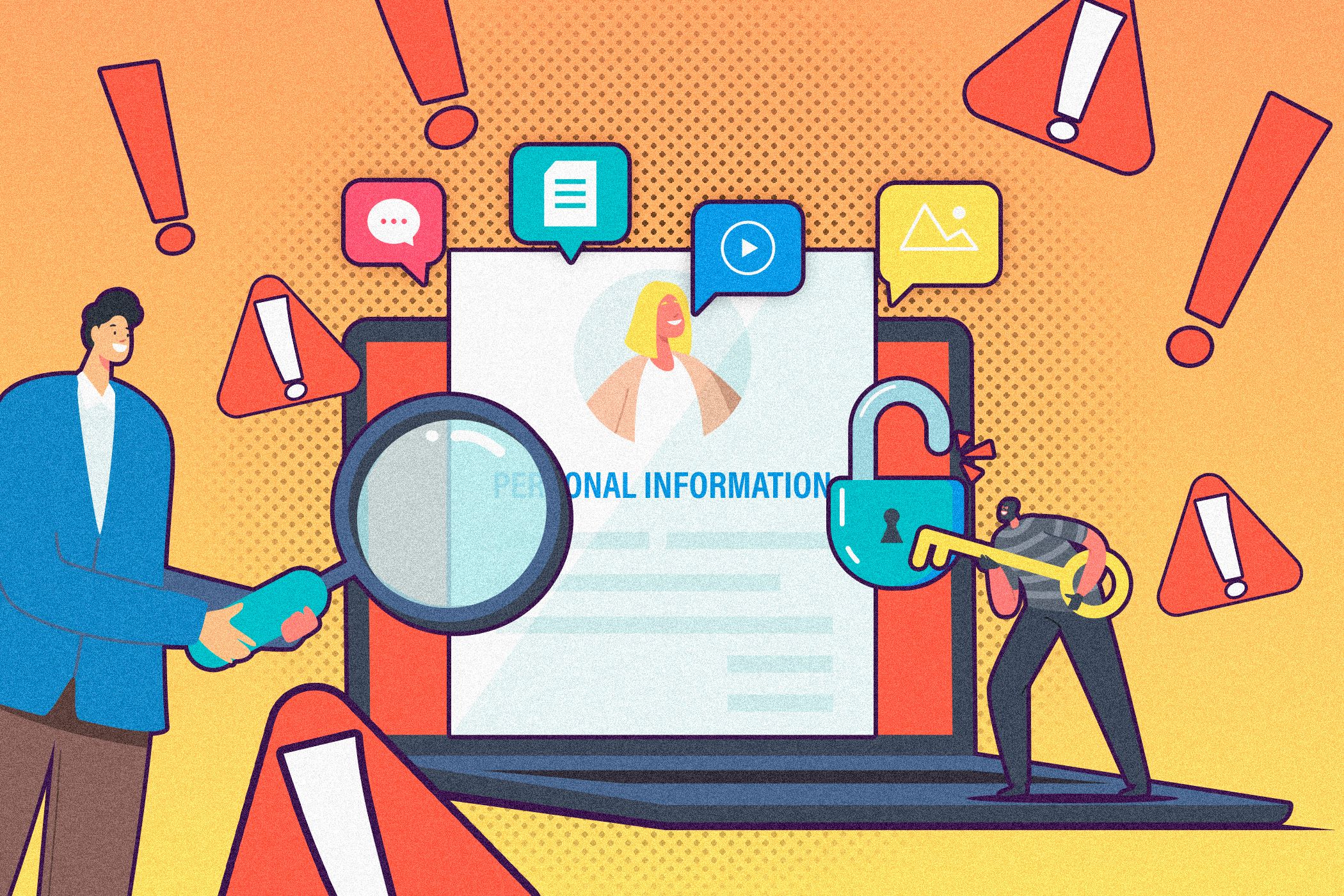
Related
If You’re Affected By a Data Breach, Here’s How You Protect Your Credit Rating
Protecting your identity and credit rating is vital after your data is breached.
These services claim they’ll never sell your data. But companies say a lot of things. They can get acquired, pivot business models, or suffer data breaches. If a leak ever happens—and it could—the fallout would be brutal. These databases specifically target people concerned about privacy, those most harmed by leaks, and now it’s all over the internet.
If something does go wrong, don’t expect a refund or compensation. Here’s a gem from the Limitation of Liability section in a data removal service’s Terms of Service, written in all caps just to make sure you don’t miss it:
“IN NO EVENT WILL WE, OUR AFFILIATES, OFFICERS, DIRECTORS, EMPLOYEES OR AGENTS, BE LIABLE TO YOU FOR ANY DAMAGES WHATSOEVER, INCLUDING WITHOUT LIMITATION, INDIRECT, INCIDENTAL, SPECIAL, PUNITIVE, OR CONSEQUENTIAL DAMAGES ARISING OUT OF OR IN CONNECTION WITH YOUR USE OF THE WEBSITE AND/OR THE SERVICES WHETHER THE DAMAGES ARE FORESEEABLE AND WHETHER OR NOT WE HAVE BEEN ADVISED OF THE POSSIBILITY OF SUCH DAMAGES.
THE FOREGOING LIMITATION OF LIABILITY WILL APPLY TO THE FULLEST EXTENT PERMITTED BY APPLICABLE LAW.”
This clause essentially says that if their service leaks your data, breaks, or causes you problems, you can’t hold them legally responsible.
1
Some of Them Are in On It
There’s a troubling overlap within this industry. The Consumer Reports study revealed that some people finder websites advertise specific data removal services directly on their opt-out pages. Why would a site whose business model relies on having comprehensive data encourage users to remove it?
Security journalist Brian Krebs uncovered that the CEO of OneRep, a popular data removal service, is also the founder of dozens of people-finder websites. This is like someone punching you and then selling you a bandage. One arm scrapes your data, the other charges you to delete it.
While OneRep was caught in this dual role, it’s plausible that more services might employ similar deceptive practices. They just haven’t been caught yet, because they use more discreet corporate structures to hide the trace.
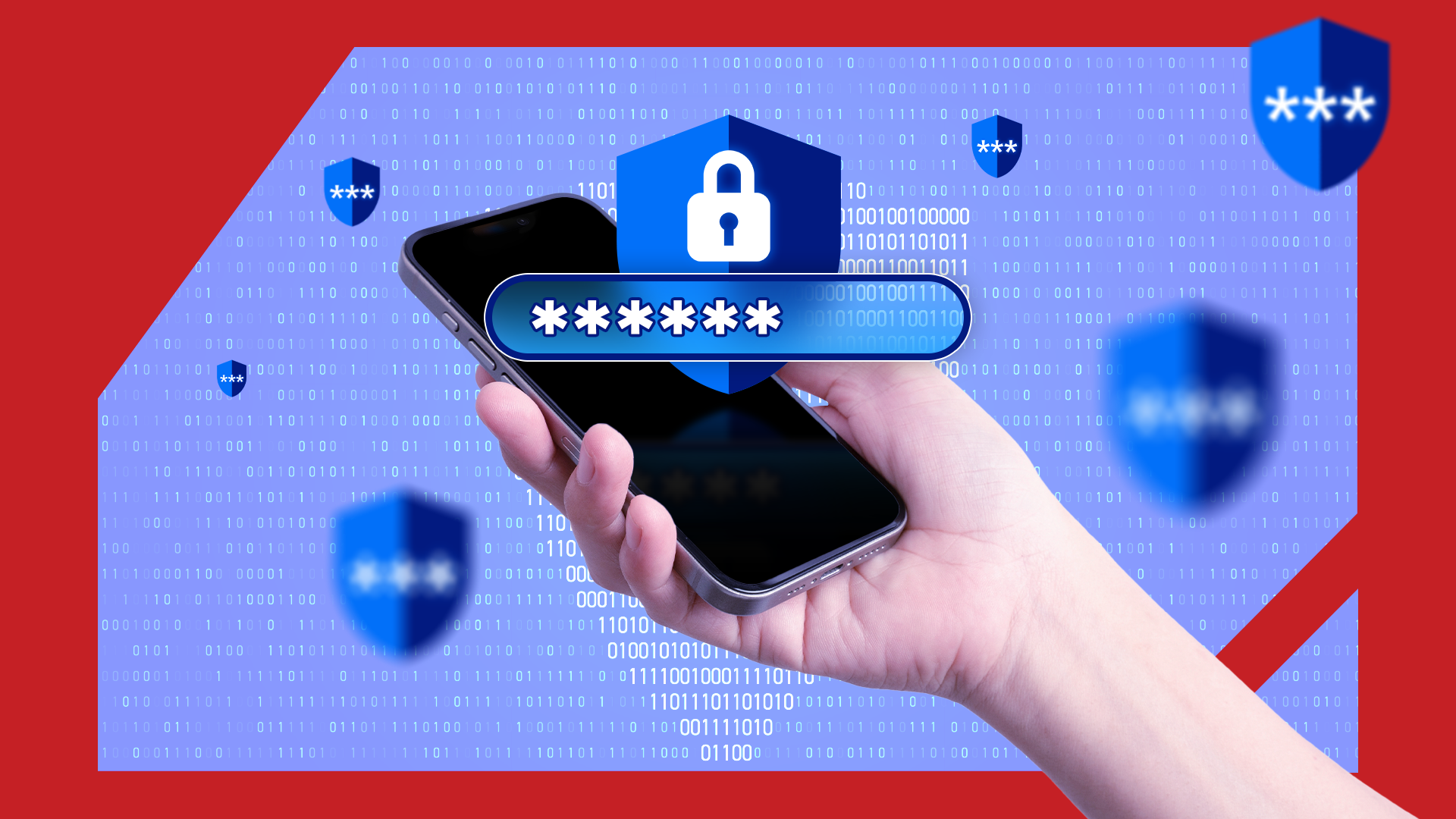
Related
Install These 5 Security Apps Now to Protect Your Data
The internet is a dangerous place, but you can make it safer with these security apps.
Data removal services promise privacy, but they start by asking for your trust, your information, and your money. They can be helpful, yes, but only within a narrow scope, and only if you’re comfortable trading one risk for another. Manual opt-outs may be more cumbersome but could offer greater privacy protection and peace of mind, without handing your sensitive information to yet another database.


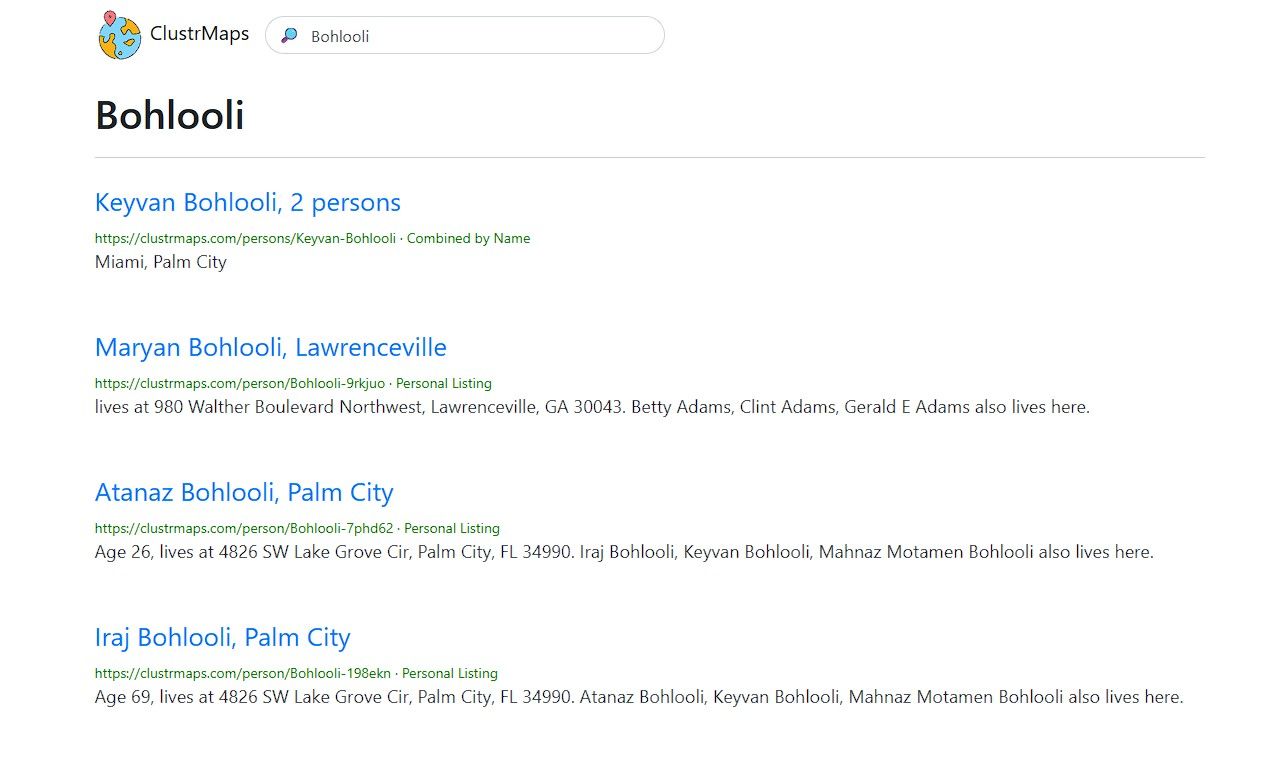
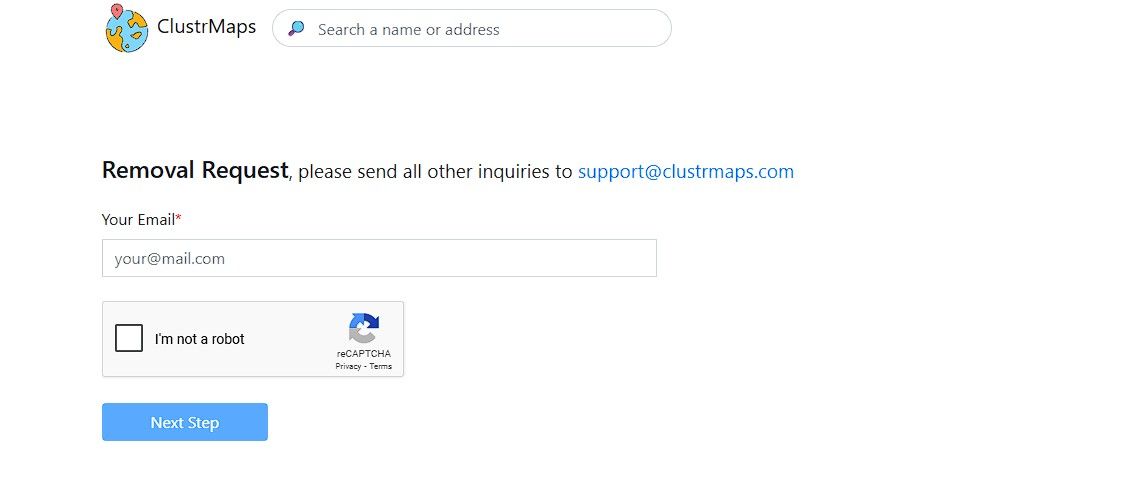
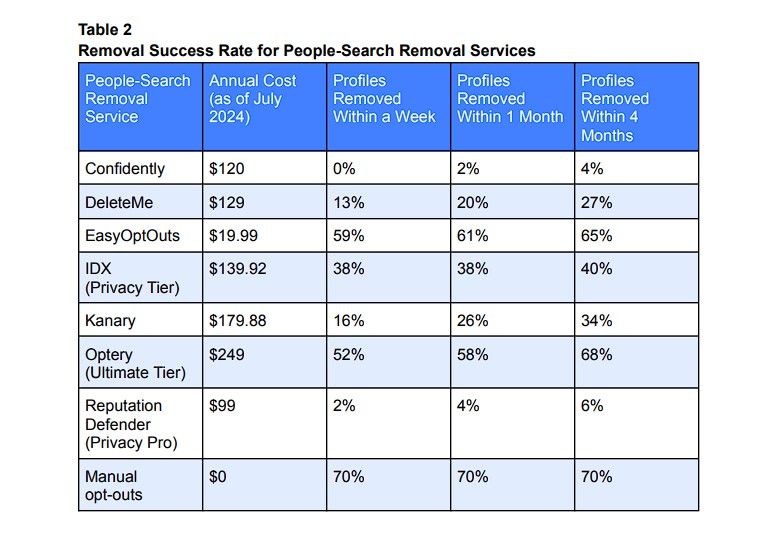
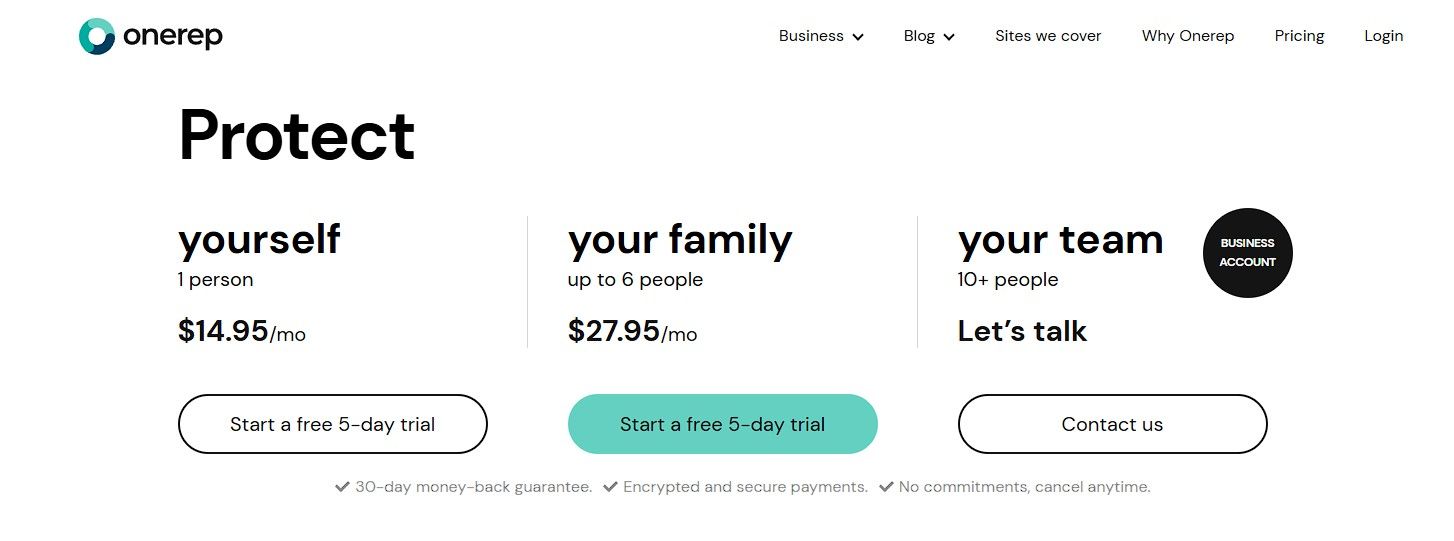





Leave a Comment
Your email address will not be published. Required fields are marked *